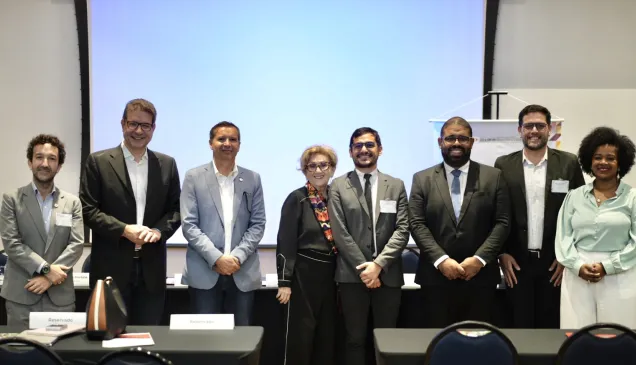Armed violence in brazilian cities and the Safer Access methodology
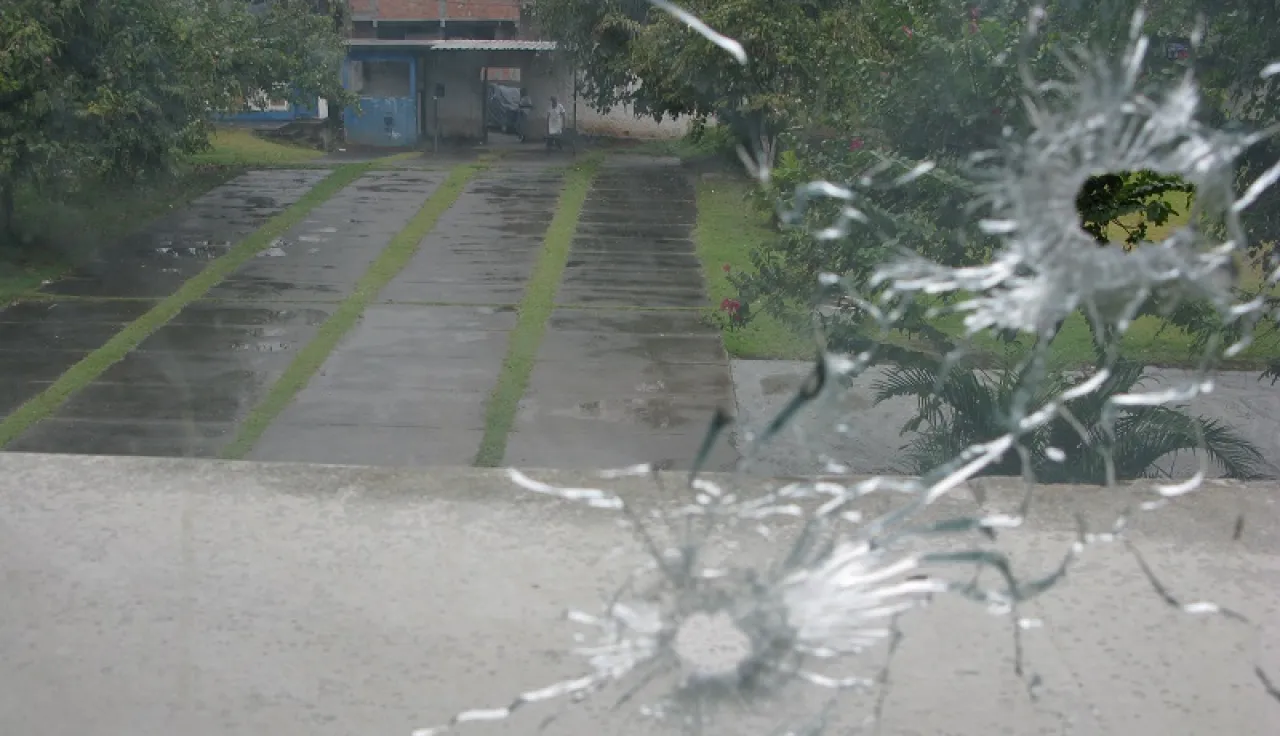
The local scenario and the Safer Access methodology from ICRC
Urban Violence in Brazil
The armed violence and its most visible indicators have increased in cities in Brazil and in many countries in Latin America and the world: homicides, confrontations among armed groups, deaths and injury by stray bullets, among others.
In 2016, there were 61,283 intentional violent deaths in Brazil, according to the Brazilian Public Safety Yearbook.
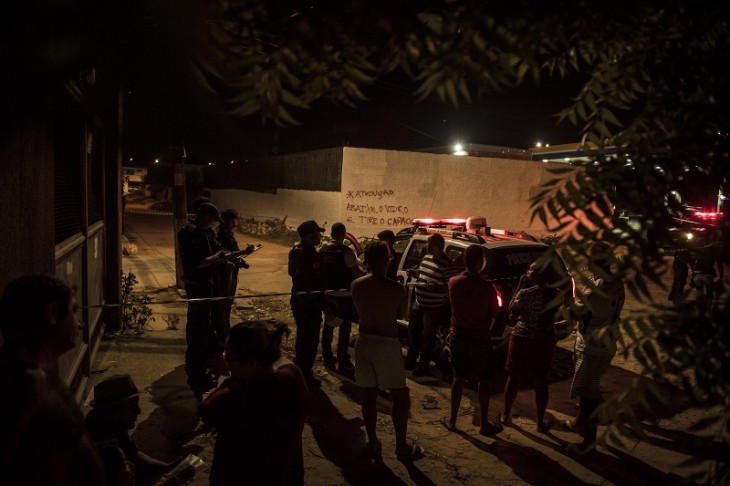
Urban violence affects the population from many cities. Photo: A. Liohn/ICRC.
The humanitarian consequences for the population are serious. The armed violence in the cities causes the closing of schools, health service units or other essential public services.
ICRC's action
The ICRC is concerned about the increasing humanitarian consequences from armed violence.
In Brazil, the work is done in partnership with the governments and other organizations. In 2009, after offering its services to the Federal Government, the ICRC initiated the Rio Project, implemented in Rio de Janeiro, in which developed specific actions for the population from the communities most affected by armed violence. In this context, the methodology Safer Access to Essential Public Services was formulated and, since then, it is successfully applied in other municipalities.

Health professional in action with ICRC's collaborators in Rio de Janeiro. Photo: M. Cruppe/ICRC.
Safer Access (SAF)
Safer Access is a methodology used to reduce, mitigate and respond to the consequences from the exposure of population to armed violence contexts.
The Safer Access is based and was adapted from the ICRC's safety protocols, which were elaborated based on its wide working experience in contexts of armed conflict and violence. The methodology meets the policies and guidelines of the international rule ISO 31000.
Main axes
- Analysis of the context and risks
- Risks approach
- Crisis management
- Stress management
Related areas
- Health
- Education
- Social care
Besides, some activities were developed with professional in other areas, such as sports and leisure, housing and human rights.
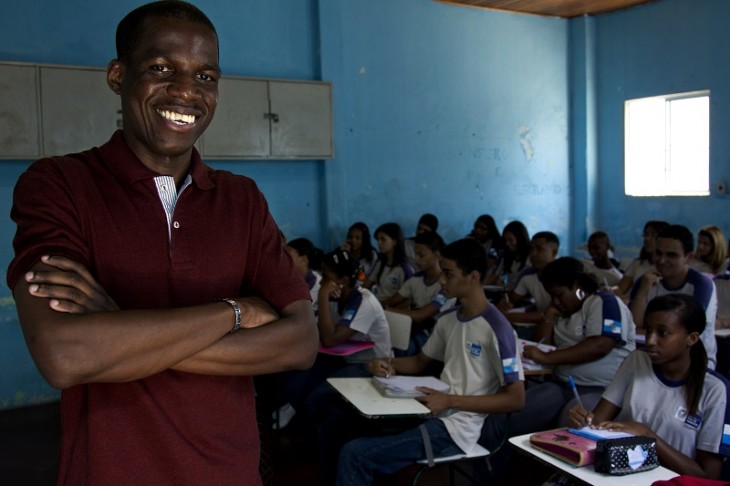
A school in Rio de Janeiro that adopted the Safer Access Methodology. Photo: M. Cruppe/ICRC.
"The Safer Access program did not change the violence in the territory, but it changed the way we look at it."
Health Center's Manager – Florianópolis (SC)
Main results
-Securing the services to the population in the areas most vulnerable to armed violence.
- Integrated management among many secretariats and services and the elaboration of common strategies to reduce safety incidents in the cities.
- Improving the internal organization and the assignment of duties, including the internal communication and coordination and teamwork.
-Empowering the workers, greater satisfaction and commitment to the work.
-Managing the workers' level of stress and, therefore, the reduction of staff turnover / difficulty to assign public servants.
- Efficiency in the investment, availability, and management of the financial resources.
-Reduction of the time to respond to safety incidents.
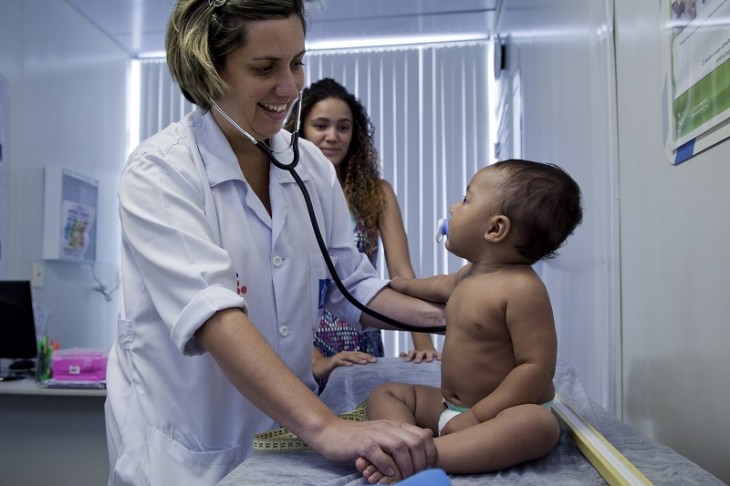
Health professional in Rio de Janeiro. Photo: P. Santos / ICRC,
"The Safer Access program made me rethink my work attitude. Since its implementation, the unit closed fewer times."
General-Coordinator of the tutelary councils – Porto Alegre (RS)



